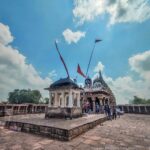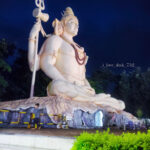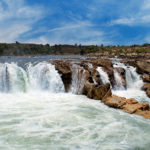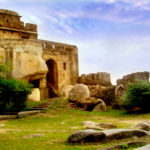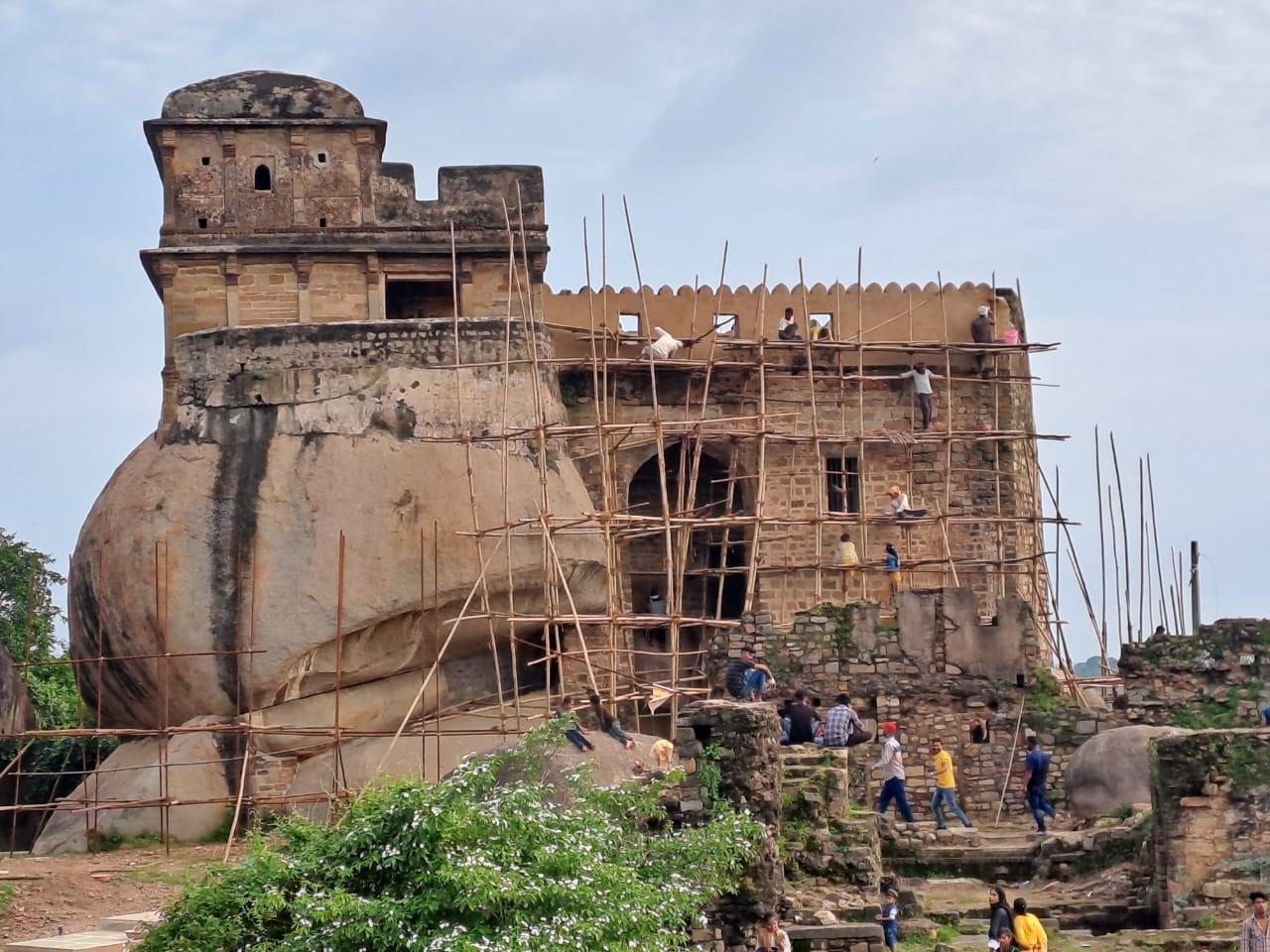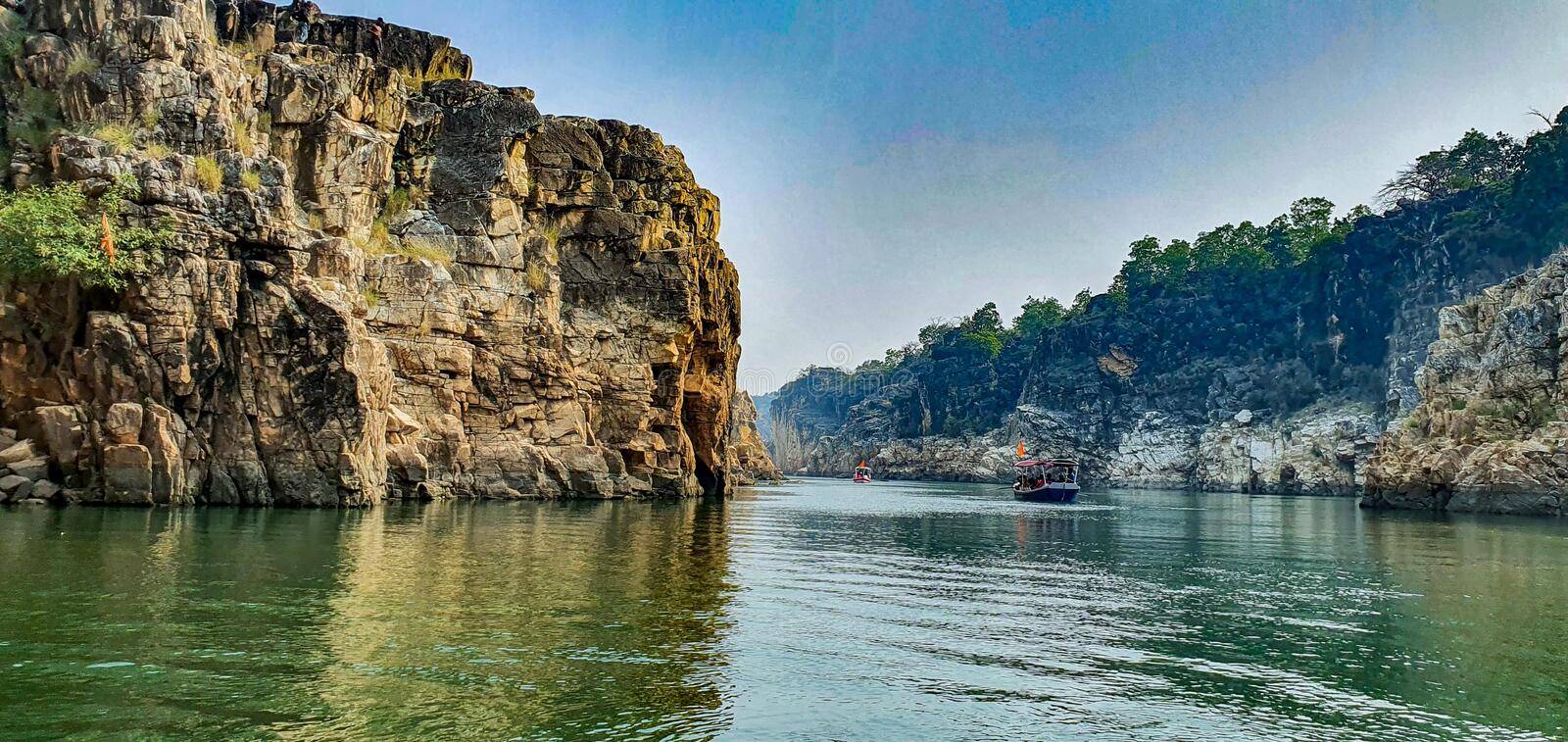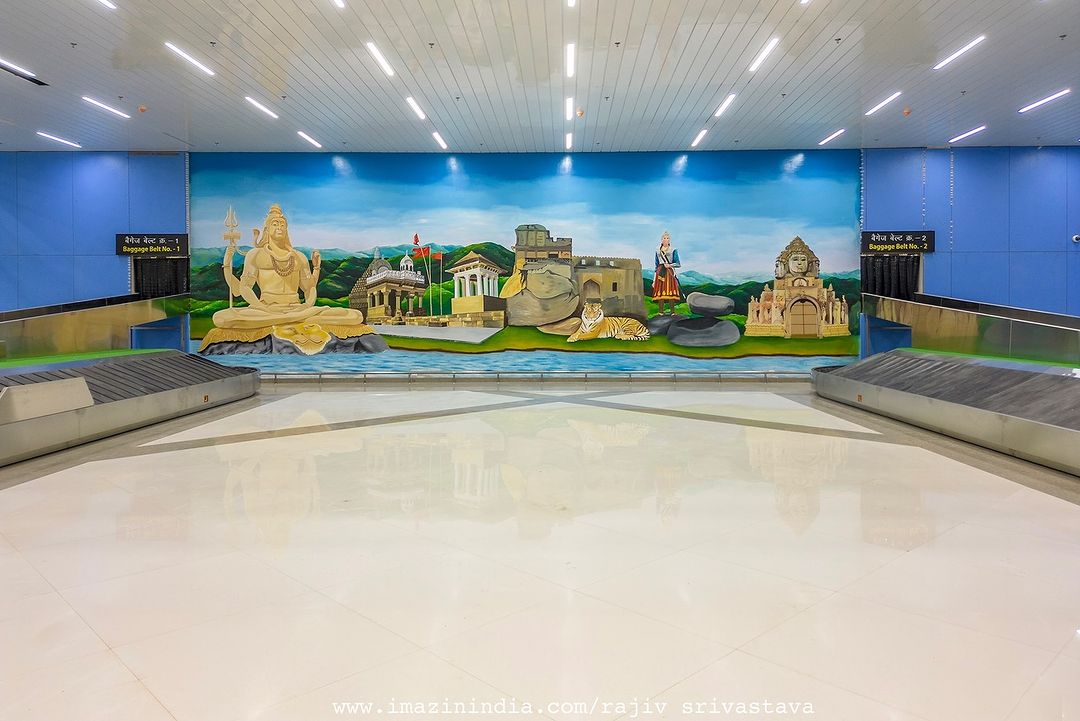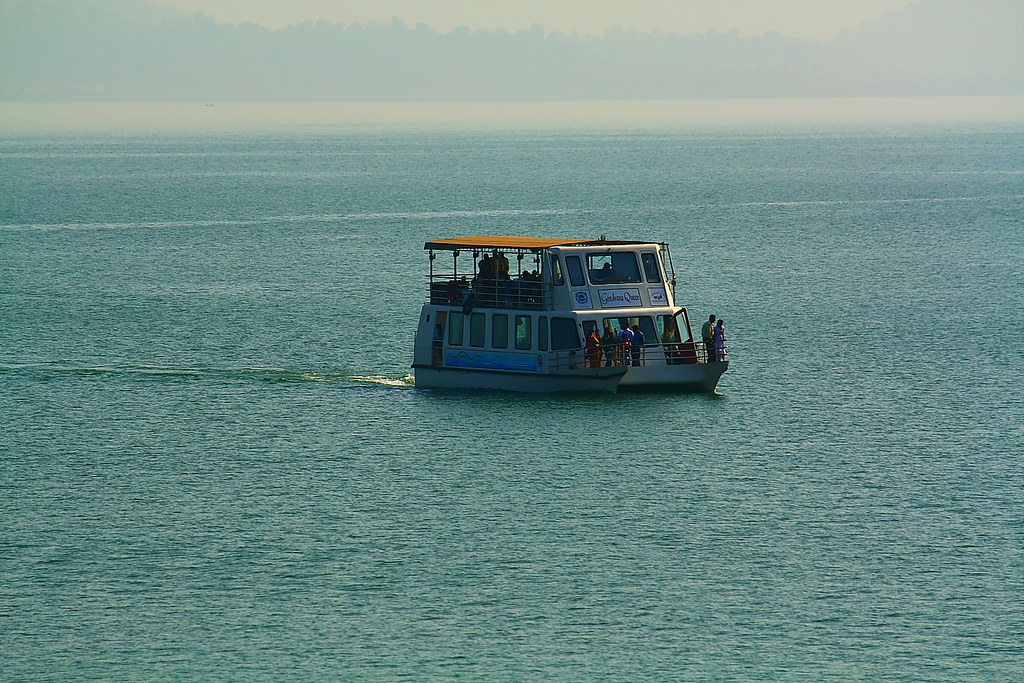Discover the Ancient City of Jabalpur: A Blend of History, Nature, and Culture
Nestled in the heart of Madhya Pradesh, Jabalpur is an ancient city that boasts a rich historical legacy and breathtaking natural beauty. Located in the Mahakoshal region, this city is blessed by the holy Narmada River, adding to its spiritual significance. The name Jabalpur is derived from Rishi Jabali, reflecting its deep-rooted historical and religious importance.
Jabalpur: A Historical Gem of India
Jabalpur holds a special place among India’s most historical cities. Known as Jabalipuram in ancient times, it gained prominence as the birthplace of Rishi Jabali. The city is steeped in history and has been a significant center for culture, politics, and religion throughout the centuries.
Natural Wonders of Jabalpur
Surrounded by awe-inspiring natural beauty, Jabalpur is a nature lover’s paradise. The holy Narmada River flows gracefully to the southwest, creating a harmonious environment. One of the most spectacular sights is the famous Marble Rocks at Bhedaghat. These towering white cliffs stand majestically, while the Dhuandhar Waterfall, with its roaring cascade, symbolizes the power and dignity of nature.
Another highlight is the Chausath Yogini Temple, an ancient structure perched atop the hills of Bhedaghat. This temple, dedicated to 64 goddesses, is a remarkable example of ancient craftsmanship, showcasing intricate sculptures that have stood the test of time.
Geological Marvels and Ancient Legends
Jabalpur is also home to one of the oldest rock formations in the world—Lamheta Ghat, located near Bhedaghat. These rocks, known as “Lamhetite” in geological terms, are estimated to be around 50 million years old, adding another layer of intrigue to Jabalpur’s landscape.
On the western side of Bhedaghat lies Tewar, a site with a rich historical background. Once known as Tripuri, this area was ruled by the Kalchuri dynasty. According to legend, the fearsome demon Tripurasura was defeated here by Lord Shiva, who earned the name “Tripurari” for his victory.
The Kalchuri ruler, Karndev, often referred to as the “Indian Napoleon,” ruled a vast empire from this region. His reign marked the beginning of a powerful era for Jabalpur.
The Legacy of Rani Durgawati
Jabalpur is also remembered for the heroic queen Rani Durgawati, a symbol of courage and patriotism. Belonging to the Gaur dynasty, Rani Durgawati fiercely defended her kingdom from Mughal invasions. Her son, Virnarayan, became a martyr in battle, while Rani Durgawati’s self-sacrifice is forever etched in the annals of Indian history.
The Madan Mahal Fort, perched on picturesque hills, stands as a tribute to her memory and valor. This historic site offers panoramic views of the city and a glimpse into Jabalpur’s regal past.
A City with Cultural and Literary Heritage
Jabalpur’s significance goes beyond politics and warfare. The city played a crucial role in India’s struggle for independence. In 1939, the Indian Flag Movement was launched in Jabalpur, and the city hosted the historic 52nd All India Congress Session in 1939. During this period, Subhash Chandra Bose was imprisoned in Jabalpur’s Central Jail, further cementing the city’s contribution to India’s freedom.
Jabalpur is also the birthplace of renowned literary figures. Poet Subhadra Kumari Chauhan, famous for her immortal lines “Khub Ladi Mardani Woh Toh Jhansi Wali Rani Thi,” hailed from this city, giving a new voice to Hindi literature. Another literary gem is Harishankar Parsai, a pioneer of satirical writing in Hindi.

